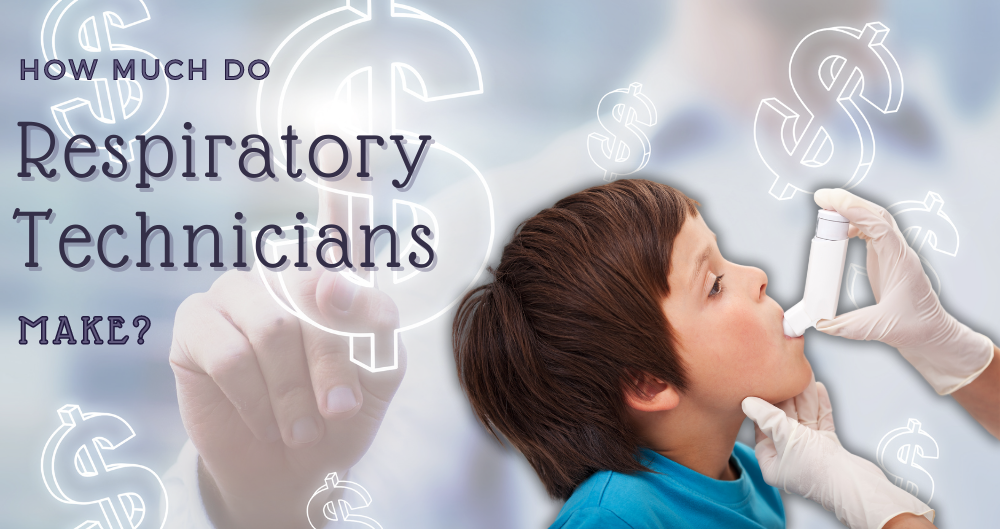Respiratory Therapists’ Salary

Curious about the earning potential of a Respiratory Therapist? You're in the right place! We'll uncover the key factors that impact their salary. Let's explore the exciting career opportunities in this dynamic field.
Job Outlook for Respiratory Therapists
The role of the Respiratory Therapist has a bright outlook in the future. The field has a projected 14% growth from 2021 to 2031 – and 9,400 job openings yearly!
As a Respiratory Therapist, you're entering a profession with increasing demand. Your skills are not just appreciated but essential.
Here are the states where the Respiratory Therapist are the most in-demand:
California
-
Employment Level: 15,730
-
Hourly Mean Wage: $46.23
-
Annual Mean Wage: $96,150
Texas
-
Employment Level: 11,450
-
Hourly Mean Wage: $35.54
-
Annual Mean Wage: $73,930
Florida
-
Employment Level: 8,600
-
Hourly Mean Wage: $33.04
-
Annual Mean Wage: $68,710
New York
-
Employment Level: 6,530
-
Hourly Mean Wage: $43.95
-
Annual Mean Wage: $91,410
Ohio
-
Employment Level: 5,820
-
Hourly Mean Wage: $33.43
-
Annual Mean Wage: $69,540
So, if you're on the fence about pursuing a career as a Respiratory Therapist, look at the potential job market and opportunities that await you.
Final Thoughts
You've delved into the numbers, explored the impact of certifications, and gained insights into the job outlook for this dynamic field. Becoming a Respiratory Therapist isn't just about a paycheck; it's about making a tangible difference in the lives of those you serve. Remember, your path in healthcare is unique! So go ahead and take the next step towards a remarkable journey in Respiratory Therapy. Your future is waiting – embrace it!

Fel is a student support representative who guides enrollees to the right program and answers their queries. She's committed to helping students and takes pride in her work. In her free time, she enjoys sightseeing and hanging out with loved ones.




